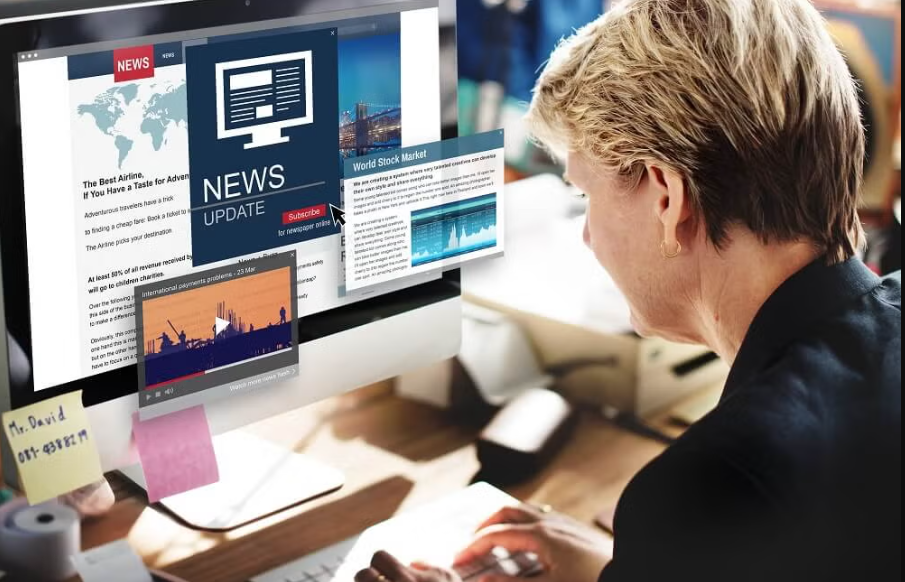The ethics of reporting the latest news present a complex landscape for journalists. They face the dual pressures of delivering timely information while maintaining accuracy and integrity. As the demand for rapid updates grows, the potential for misinformation increases. This tension raises critical questions about the responsibilities of journalists. What measures can they take to ensure their work remains credible amidst these challenges? The answers may hold significant implications for the future of journalism and public trust.
The Importance of Accuracy in Journalism
While the fast-paced nature of modern journalism often pressures reporters to deliver stories quickly, the importance of accuracy remains paramount.
Effective fact checking practices and rigorous source verification are essential to ensure the integrity of information. Journalists must prioritize these elements to uphold the trust of their audience, safeguarding the freedom of expression and informed discourse that underpins a democratic society.
See also: informalnewz
Balancing Speed and Integrity
As the demand for immediate news escalates, journalists often find themselves grappling with the challenge of balancing speed and integrity.
The tension between speed vs. accuracy poses significant integrity challenges, compelling reporters to prioritize expedience over thoroughness.
This dilemma underscores the necessity for ethical guidelines, ensuring that the quest for timely information does not undermine the fundamental principles of responsible journalism and public trust.
Navigating Conflicts of Interest
Navigating conflicts of interest presents a critical challenge for journalists committed to ethical reporting.
Adhering to transparency standards is essential in mitigating potential biases that may influence news coverage. Journalists must engage in effective conflict resolution strategies, ensuring that personal affiliations do not compromise their integrity.
The Role of Accountability in Ethical Reporting
Accountability serves as a cornerstone of ethical reporting, compelling journalists to uphold the highest standards of integrity in their work.
By implementing transparency measures, journalists not only enhance their credibility but also foster audience trust.
This trust is vital for a functioning democracy, as it empowers informed decision-making.
Ultimately, accountability reinforces the social contract between media professionals and the communities they serve.
Conclusion
In the fast-moving landscape of news reporting, journalists must serve as both guardians and guides, ensuring that accuracy remains their compass amidst the storm of urgency. Balancing speed with integrity is not merely a professional obligation but a moral imperative that sustains public trust. By embracing accountability and navigating conflicts of interest with vigilance, journalists can illuminate the path to informed discourse, ultimately reinforcing the foundations of a healthy democracy. Thus, ethical reporting becomes not just a choice, but a necessity.
